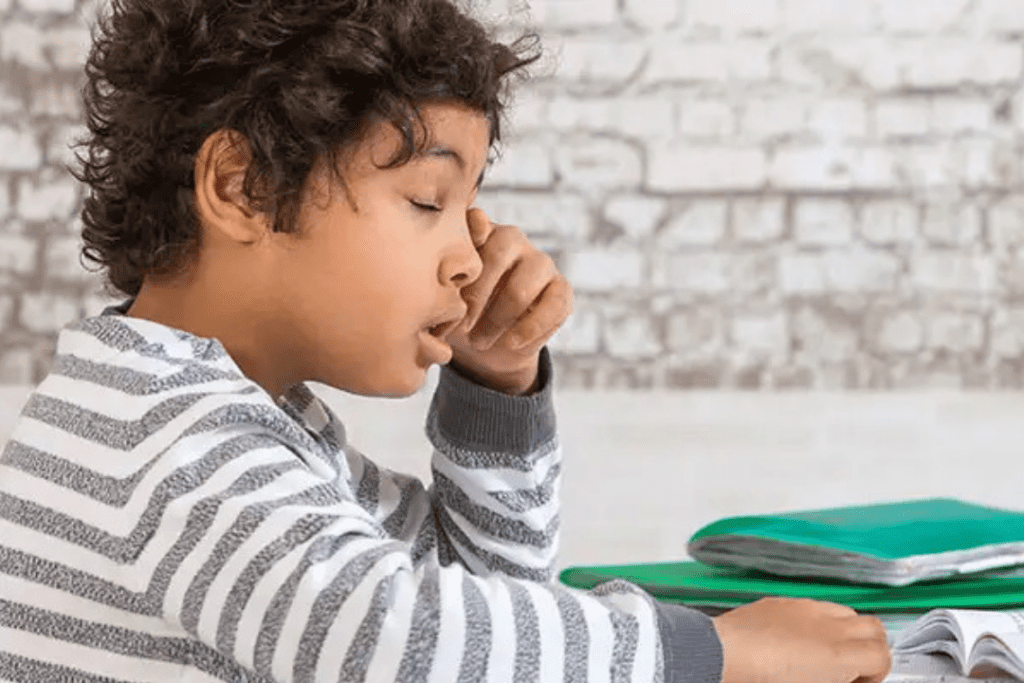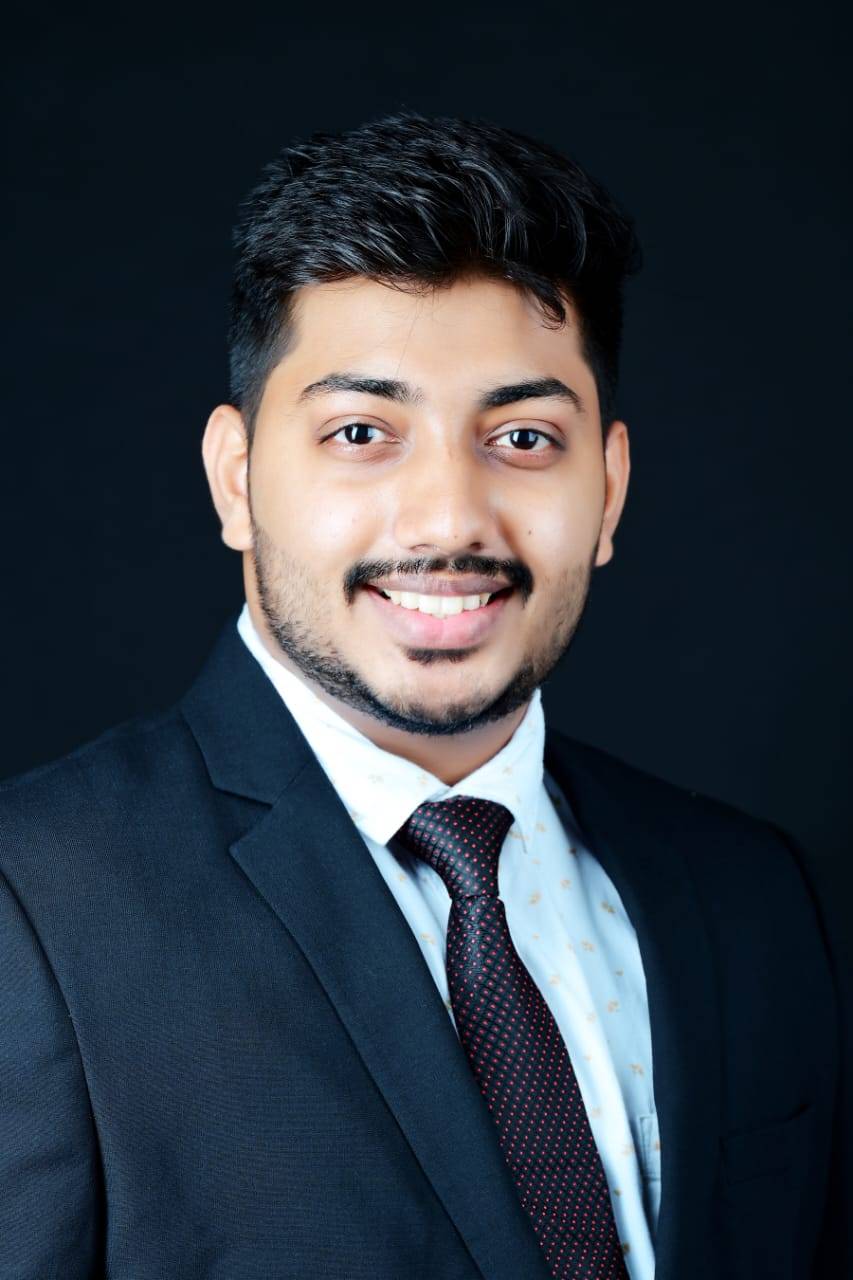Some children are born with vision problems, while others get them later in childhood. However, it's not always easy to know if your child's eyes are working well. It can be challenging to detect vision problems when children are young and unable to explain their vision problems.
Although eye and vision problems are most common in school children, the symptoms are sometimes subtle and easy to notice. When untreated, vision problems can impact your child's performance in and out of the classroom. Therefore, it's essential to understand eye health so that you can recognize vision problem in children and signs your child might need glasses.

Your child may need to squint to see better up close (nearsightedness) or far away (farsightedness). Squinting reduces the size of the object your child is looking at, compensating for their lack of vision.
If your child squints a lot, they may have a refractive error, which impairs their ability to concentrate on objects clearly. Your toddler might be able to sharpen focus and increase object clarity by squinting.
If your child routinely complains of headaches or eye pain, it can signify eyestrain. That's because their eyes have to work extra hard to focus on the blurry objects in front of them.
Children rub their eyes regularly because they strain them so much while trying to see. They may also suffer from dry eyes or allergic conjunctivitis to vision problems. Eye drops can help but check with the doctor to ensure a healthy solution.
Your child may close one eye or tilt their head to increase the angle of vision to boost clarity. That might indicate that your child's eyes are misaligned or that they have amblyopia, commonly known as lazy eye, which is one of the most common childhood eye problems.
If your child needs to get very close to a screen to see it clearly or if they need to get very close to the text to read it. It can be another symptom, which is myopia.
Excessive tearing may indicate that one or both of your children are overworked; their eyes might be infected or damaged. This issue can also be caused by blocked tear ducts. So, you identify what your kid is going through, and you should take them in for an eye exam so that an optometrist can do an accurate assessment of their eyes.
Children with exotropia, a kind of strabismus, squint one eye when exposed to bright sunshine. This might be taken as a sign of sensitivity to light. Photophobia, or light sensitivity, is an intolerance to light. Sunlight, fluorescent light, and incandescent light are just a few forms of light that might make you uncomfortable. Your light-sensitive child may complain about frequent headaches.
Children are continually moving their eyes between the board, PC, notebook, and reading material when studying in class. Children won't be able to concentrate if their concentrating talents aren't up to standard, which might be misunderstood as naughtiness or a drop in IQ.
Your child is having trouble in school because they can't see the content on computers or whiteboards. Most of the time, it's a problem with nearsightedness, but other conditions like color blindness might cause their blurred vision. Ask your child if they analyze reading content on a whiteboard and ask them where they sit relative to the board in their classroom. This will tell whether or not you have an eye problem.
First, you should schedule an appointment with a good ophthalmologist, preferably a pediatric ophthalmologist. The optometrist will be able to solve the problem and suggest the best solution.
For most childhood eyesight problems, glasses correct the issue and resolve the problem. Good corrective glasses will help with vision problems in children. They will be able to see better, experience fewer headaches, bumps, and bruises, and even perform better in school.
If your child needs to see an eye doctor, help them be excited and overcome any worries they may have.
Ejones Opticals is the best option for you! Our pediatric eye specialists can help determine whether or not your child requires glasses.
We recommend scheduling routine eye exams for your child 6-12 months of age, 3-5 years of age, and then annually once they start first grade. We can help detect vision issues early and fix any problems as quickly as possible.

Eric Johnson is a Kerala-based eye wear expert and entrepreneur. He is one of the directors of Ejones Opticals, a company dedicated to providing the highest quality eye wear products at the most affordable prices. Eric has been in the eye wear business for over 10 years, and has a deep understanding of the industry. He is passionate about helping people look and feel their best through the right eye wear. Eric is committed to using his expertise to create stylish and functional eye wear that is tailored to each individual's needs.
Address: Unity Complex, Payyanur.
Tele: +91 4985205553
Mobile: +91 8921835063
Address: KSRTC Complex, Payyanur
Tele: 04985203554
Mobile: +91 8848195859